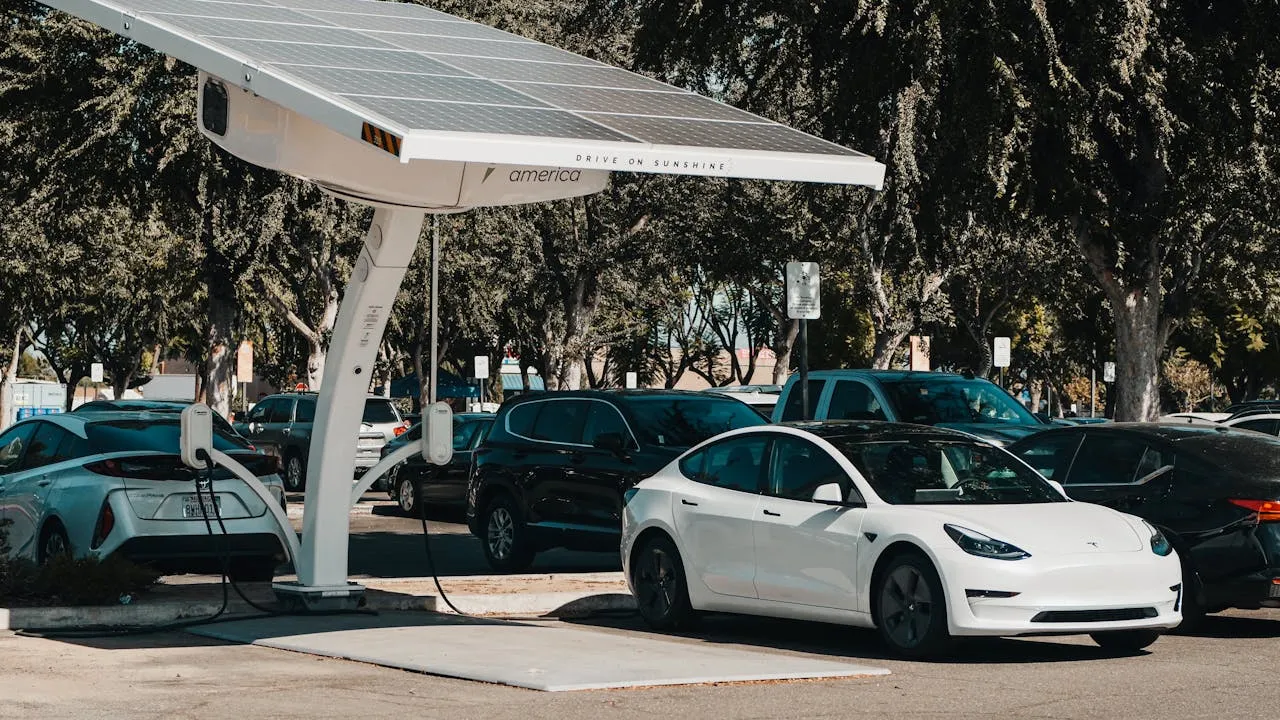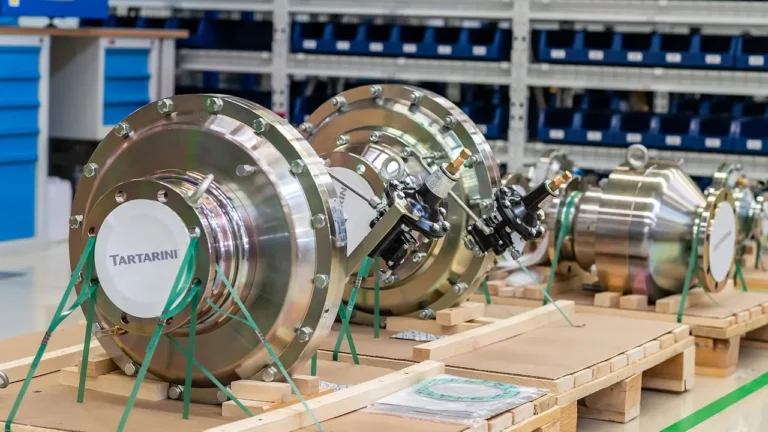
The U.S. Department of Energy (DOE) has allocated $50 million over five years to establish the Low-cost Earth-abundant Na-ion Storage (LENS) Consortium, spearheaded by Argonne National Laboratory. This initiative brings together a collaborative network of leading national laboratories, including Brookhaven, Lawrence Berkeley, Pacific Northwest, Sandia, and SLAC, alongside eight universities, to advance sodium-ion battery technology.
A Sustainable Alternative to Lithium-Ion Batteries
LENS aims to revolutionize energy storage by developing high-energy, durable sodium-ion batteries using abundant, low-cost materials. This effort addresses the critical challenge of reducing reliance on scarce and geopolitically sensitive elements—such as lithium, cobalt, and nickel—central to lithium-ion battery production. By leveraging sodium, an abundant resource, the initiative seeks to enhance supply chain resilience and promote sustainability in electric vehicle (EV) and stationary energy storage systems.
Sodium-Ion Batteries: Opportunities and Challenges
While lithium-ion batteries dominate the energy storage landscape, powering everything from smartphones to EVs and renewable energy systems, their reliance on critical materials creates vulnerabilities. Sodium, widely available as sodium chloride (table salt), offers a promising alternative.
Sodium-ion batteries present an affordable and sustainable option, eliminating the need for lithium, cobalt, and nickel in certain applications. However, they face challenges, including lower energy density, which impacts their viability for long-range EVs.
Advancing Sodium-Ion Technology
To overcome these limitations, the LENS Consortium has assembled a world-class team of researchers to innovate across multiple areas:
- High-energy electrode materials: Enhancing battery capacity and performance.
- Electrolyte improvements: Developing stable and efficient battery chemistries.
- Cell design and integration: Building optimized battery systems for benchmarking and commercialization.
An advisory board of established and emerging companies will guide the consortium with industry insights, aiming to foster a robust U.S. ecosystem for sodium-ion battery innovation.
Building the Future of Energy Storage
LENS aligns with DOE’s broader strategy to advance sodium-ion batteries for EVs and grid storage. With participation from academic institutions like Florida State University, UC San Diego, and Virginia Tech, the consortium will also play a pivotal role in training the next generation of battery scientists and engineers.
By leveraging the U.S.’s abundant sodium resources and technological expertise, the LENS Consortium is poised to pave the way for a new era in sustainable energy storage solutions.




